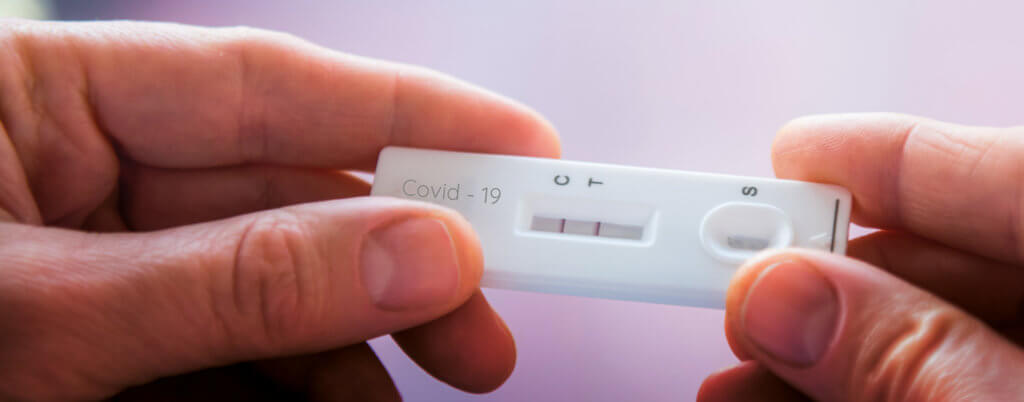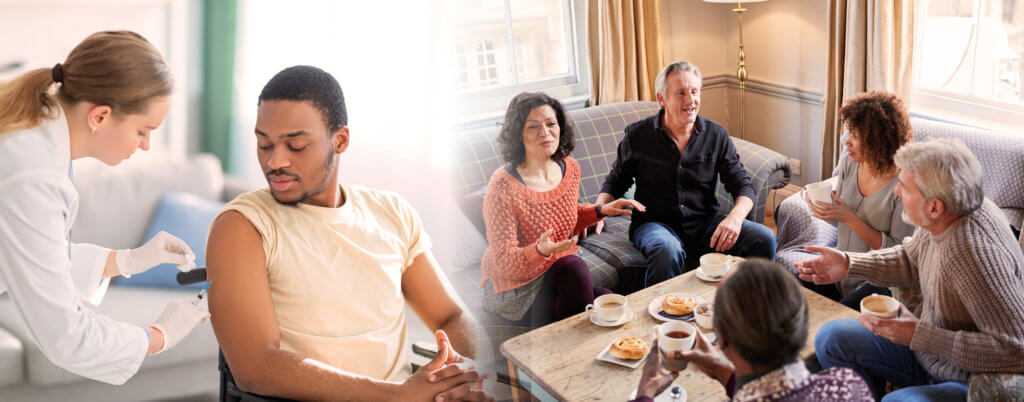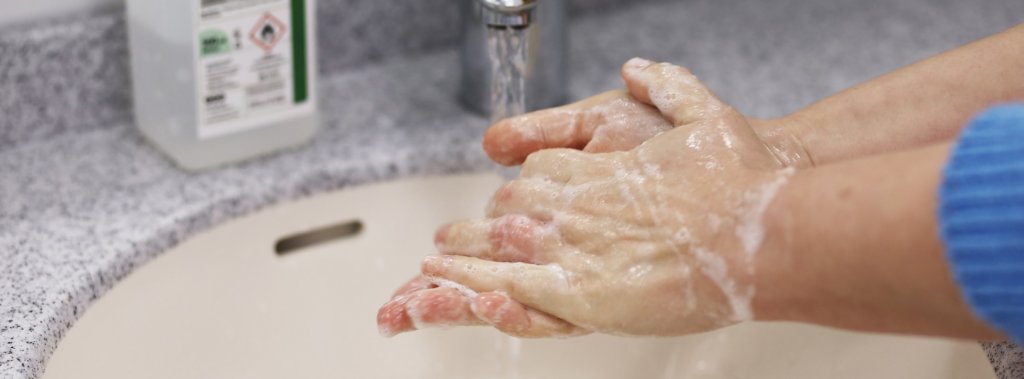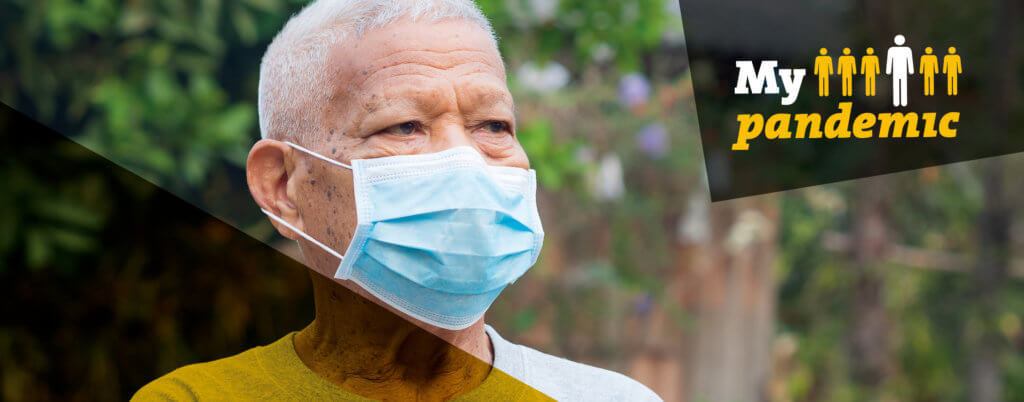This page is reviewed and updated regularly. Please check back for updates.

If you have pulmonary hypertension, it is really important that you are fully vaccinated against COVID-19. Please check that you are up-to-date with the vaccines that you are eligible for.
UPDATE AUGUST 2024: The Joint Committee on Vaccination and Immunisation (JCVI) has recommended that an Autumn covid vaccine should be offered to people over 65, residents of care homes for older people, and anyone aged over 6 months in a clinical risk group.
You can find out more about COVID-19 vaccinations in general here.

The advice below is from Dr Neil Hamilton, Consultant Pharmacist at the Sheffield Pulmonary Vascular Disease Unit:
“In 2023, PH was added to the NHS’s list of conditions which it regards at the highest clinical risk from COVID-19 infection.
This is important recognition because it means that anyone who is prescribed PH medication from one of the specialist centres could receive COVID-19 treatment if required.
The treatments are either antivirals (Paxlovid, remdesivir and molnupiravir) or monoclonal antibodies (currently sotrovimab). More information about these treatments is available here.
If you have (even mild) symptoms of COVID-19, you need to take a lateral flow test as soon as possible. If the result is positive, call your GP or NHS 111 urgently and they can refer you for treatment.
At this point, you will need an up-to-date list of your medication (including your PH treatment) because unfortunately the COVID-19 treatments may interact with some other medicines that you may be taking.”
Since 27th June 2023, patients are no longer being contacted by the NHS about possible treatments after reporting a positive test result. Instead, they should contact their GP practice or NHS 111 as soon as possible following a positive test result so that they can be considered for treatment.
You may see pulmonary hypertension mentioned specifically in government literature describing clinical risk groups for children, but for adults, it may be described as ‘hypertension with cardiac complications’.
The advice below is from Dr Neil Hamilton, Consultant Pharmacist at the Sheffield Pulmonary Vascular Disease Unit:
“From a PH perspective the most important interactions are between one of the COVID-19 antivirals (Paxlovid), which interacts with sildenafil, tadalafil, bosentan and riociguat. Taking these together could result in significant side effects from your PH medication.
As a result, if you are prescribed one of these, you should not use Paxlovid tablets. Instead, you should be given an alternative oral treatment, which is most likely to be molnupiravir capsules. Other options could also be remdesivir (another antiviral) or sotrovimab (which is an antibody), but these are infusions so would be given in hospital.
Both your GP and the team at NHS 111 will be able to check for interactions (so you won’t need to check with your specialist centre). It is crucial that you are ready with a full list of your medicines so these checks can be made for your safety.”

Following feedback from our members, who told us they would find it helpful to hear from people with PH who have contracted COVID-19, we asked for personal experiences. You can read them here.
Please note these experiences were gathered in 2022.


We now have a website dedicated to documenting people’s experiences of the pandemic with PH. Visit it here.